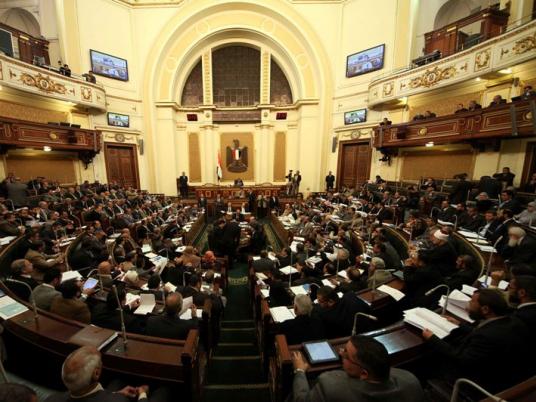Experts in constitutional law, prominent judges, politicians and others agreed that the law on districting electoral constituencies is compatible with Article 102 of the Constitution, which states that the law must take into account a just and equitable representation of the population and the voters.
From that perspective, the law is indeed in line with that article of the Constitution. But those scholars have not considered the philosophy of the Constitution.
According to Article 227, the Constitution is a coherent and integral entity that is built on equality, justice and equal opportunity. And according to Articles 4 and 9, the democratic state is committed to providing equal opportunities to all citizens without discrimination.
So how did the districting of the electoral constituencies breach of these principles?
Since the 420 seats of parliament, for which candidates will compete on an individual list basis, are divided into 30 constituencies represented by three deputies, 123 constituencies represented by two deputies and 84 constituencies represented by one deputy, all relative to the population and the number of voters in each constituency, the last two constituencies are clearly underrepresented.
For, unlike lawmakers, runners in elections know that any three candidates, even if they have different supporters, will agree to divide the three seats among themselves without fighting for them or risking to lose them altogether.
You will find this strange districting in the same governorate and in constituencies that are separated by just one tram station. For example, the Montaza first constituency in Alexandria has three seats, while the Montazah second constituency has two, and while Karmous has one.
The candidates will form coalitions. One such coalition may include a candidate for the Coptic Christians, a candidate for the moderate mainstream and a candidate for the clans or the dissolved National Democratic Party. In that case, one vote equals three votes because the voter is actually choosing a list of three allied candidates.
Another example is a coalition between a candidate for the political Islamic current, which would be a Salafi or a disguised Brotherhood member, a second candidate for the clans and a third for the traditional families.
Also, three political parties may form a coalition of three candidates to make sure that they all get the votes of their supporters instead of breaking up the votes.
It is also expected that coalitions of three candidates will compete with other similar coalitions, which means that we will face a new phenomenon of mini party lists in individual runner elections.
The breach of equal opportunities will be more in the run-off because the competition in the three-candidate constituencies will be among the six candidates who obtained the highest number of votes. Here, coalitions will be re-arranged whereby three candidates will form a coalition against the other three.
This applies to the two-candidate constituencies to a lesser degree. Here, two candidates will form a coalition against the other candidates in the first round and between four winners in the run-off.
The single-candidate constituencies will not see coalitions because the competition is for one seat only. Here, the Christian bloc will vote for its candidate and the clans will vote for theirs, which means the votes will be divided.
In short, a vote in a three-candidate constituency equals three votes, in a two-candidate constituency equals two votes and in a single-candidate constituency equals one vote.
In other words, candidates of three-candidate constituencies have a better chance, which is a clear breach of the equal opportunity that is stated in the Constitution.
Some may say this is a defect in the application of the law and not in the law itself. Actually, it is the law that has created this defect on the ground. And the lawmakers should have paid attention to this by providing what is called in the West a “Level Playing Field.”
And in order to avoid unconstitutionality claims by the losers in the elections, which may dissolve parliament for the fourth time in less than three decades, all electoral constituencies should be represented by the same number of deputies. In other words, there should be 420 constituencies nationwide from each of which one deputy is elected, as was proposed by the committee that drafted the law before it was amended.
Alternatively, they could be divided into 210 constituencies with two elected deputies from each.
Only thereby will justice and equal opportunity be achieved.
Edited translation from Al-Masry Al-Youm

